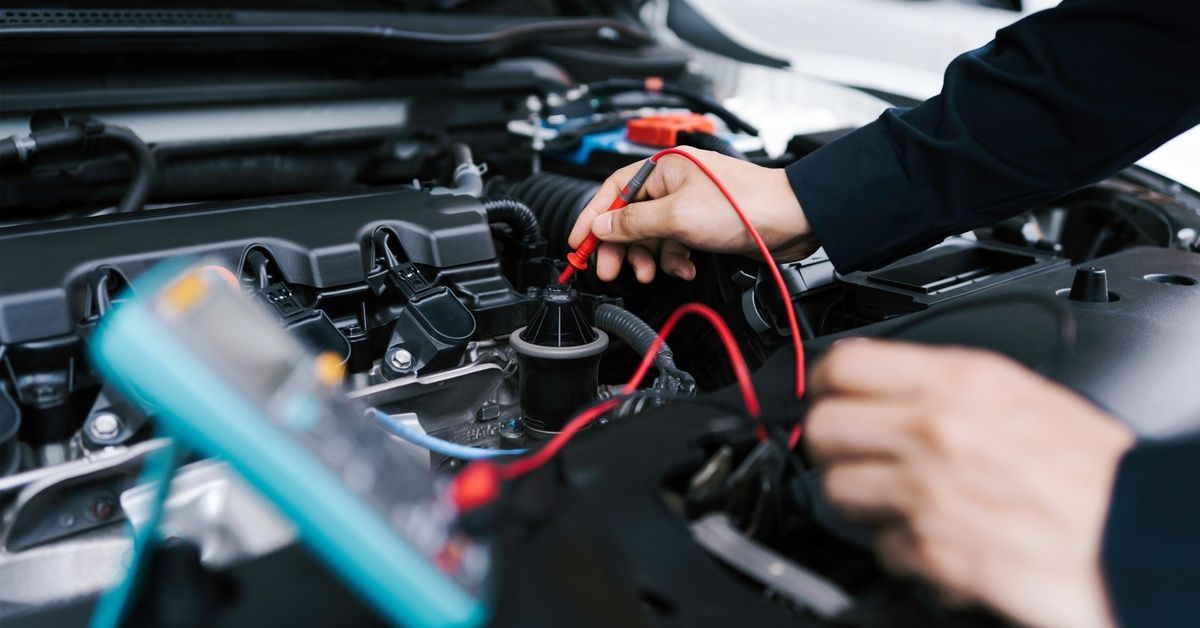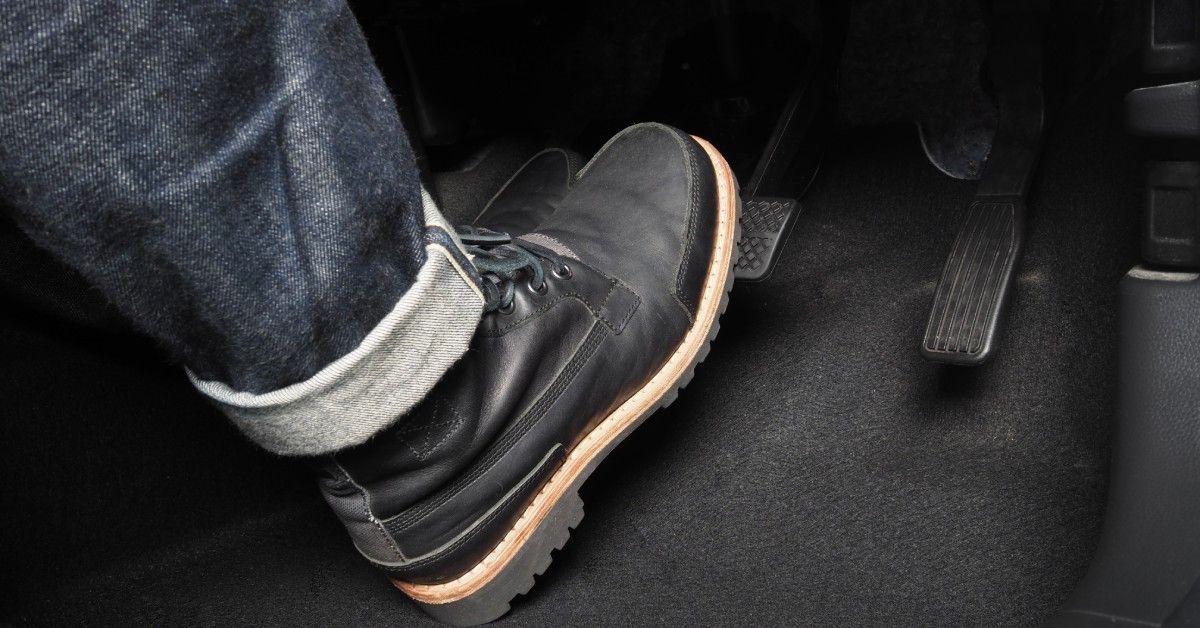Brake Fluid: What It Does and Why It’s Important
Brake fluid is a chemical solution in your vehicle’s hydraulic braking unit that transforms the force of your foot on the pedal into pressure to initiate a slowdown or stop in movement. However, brake fluid can go bad, considering its ability to absorb moisture. As it absorbs water, it can become less effective.
But these are just the basics! In this article, you’ll learn exactly what brake fluid does and why it’s important to your car:
What Is the Purpose of Brake Fluid?
The moment you place your foot on the brake pedal, pressurized brake fluid flows into the brake lines to increase the stopping force. The harder you press on the pedal, the more pressurized the fluid becomes to stop your vehicle when it’s in motion.
Brake fluid continues to move through the brake lines until it reaches each wheel caliper. The fluid forces the pistons to transfer pressure from the brake pads to the spinning rotor. Once the pads move against the rotor, friction occurs and allows the wheels to slow down or stop.
Considering this happens in a matter of seconds, you should regularly check your brake fluid to ensure it’s always responsive.
How Do You Know When Brake Fluid Needs Replacing?
Brake fluid is usually a transparent color. However, it can collect dust and debris over time or leak from the vehicle. Fluid that’s not clean and clear indicates the need for replacement.
If the fluid falls below the “full” indicator in your vehicle’s reservoir, you need to top it off. Here are some other signs of low brake fluid:
- Soft pedal: A pedal that sinks to the floor without much resistance could signal low fluid levels.
- Oil puddle under vehicle: An oily puddle underneath your vehicle can signal a brake fluid leak. In this case, have a professional look at the rubber hoses, calipers, and master cylinder for fluid leaks.
- ABS warning: If this light illuminates on your dashboard, it might be time to have your car inspected. Your antilock brake system (ABS) requires the brake fluid to work efficiently, and if this light is blinking, it could be a sign of a leak or something more detrimental.
- Old brake pads: Brake pads do wear down and become thinner over time. The thinner the pad, the more brake fluid it will require to fill the caliper and transfer pressure to the brakes.
Now that you know what brake fluid does and why it’s important, it might be time for a checkup! You can certainly replace brake fluid by yourself, but consider Advanced Vehicle Technology Services to assist you. Our technicians specialize in
car brake repair to ensure that your vehicle remains safe and operational at all times. Feel free to browse our webpage for more information.




